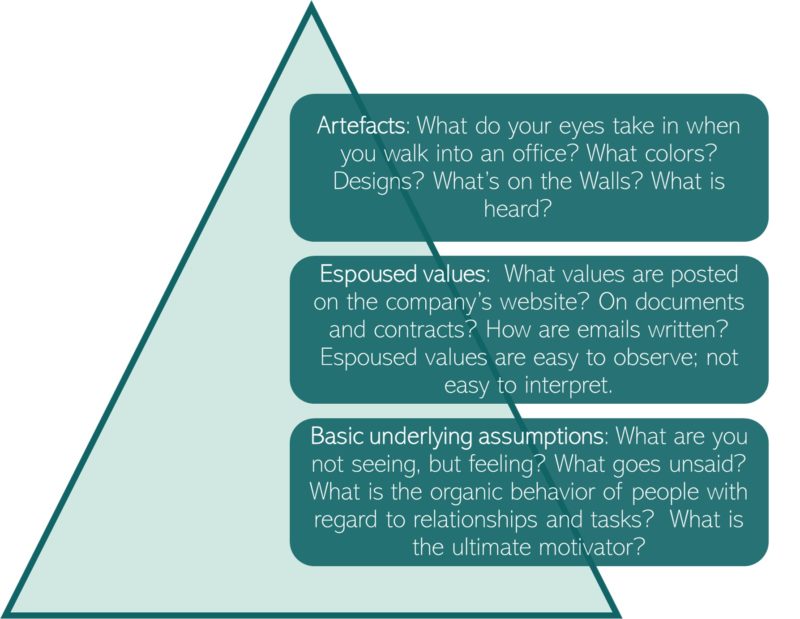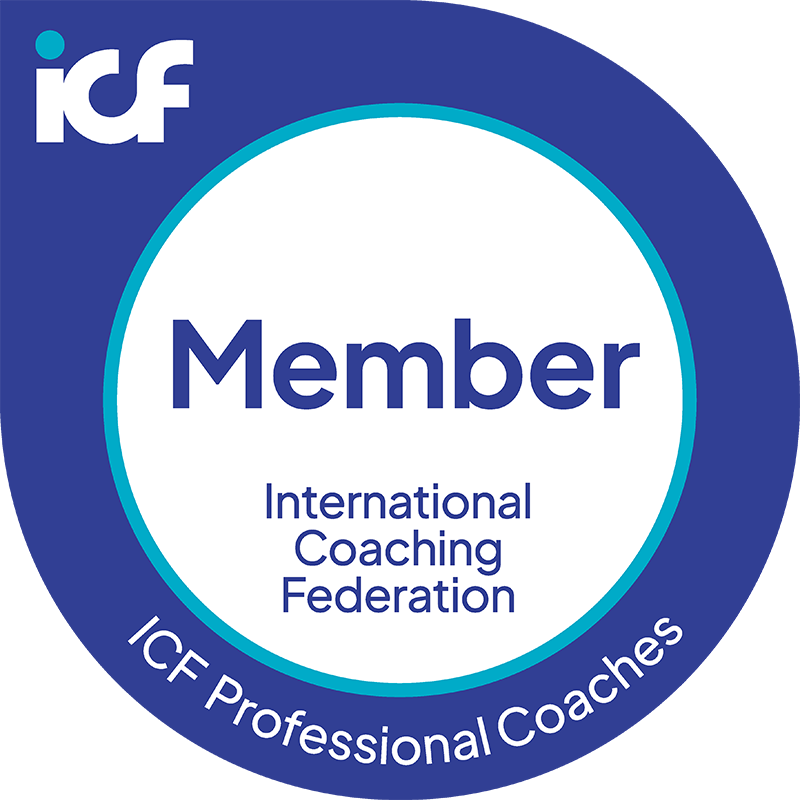Edgar Shein’s contributions to Organizational Culture and Psychology in the 1980s still holds true till today. One of his concepts is humble inquiry which, when fundamentally interwoven within the organizational culture, creates an environment of positivity and conviction. Humble inquiry is a genuine curiosity about others thus building rapport and ultimately trust. When we learn about others’ vulnerabilities and strengths, we know how that person can best be utilized. No one is, or should attempt to be, a know-it-all. This genuine interest in our colleagues ultimately creates task interdependence and strong teams where trust is an innate value, not a forced one (that you usually see posted on office walls).
Camaraderie is one of the desired elements of an organization people seek that helps the organization maintain engagement and retention. Once managers have implemented the concept of humble inquiry, walked the talk, and praised their team members on the spot, they have fostered a culture of camaraderie, not competition.
A growth mindset is necessary for individuals to evade a comfort zone, accept mistakes, learn from them, and keep moving. This mindset leads to Organizational Learning, a win-win for the organization and its humans. Organizational know-how lies with loyal employees, those who take risk, and those who make mistakes. Risk-taking and mistake-making are wins for the organization. This is when knowledge is created and transferred which gives rise to a culture of sharing, learning, and trusting; all behaviors that lead to increased employee engagement, higher retention, and making your company an employer of choice.

Edgar Shein’s Organizational Culture Model
Edgar Shein is an Organizational Psychologist with immense research and contributions in the realm of organizational culture. His coined term “humble inquiry”, describes a genuine curiosity towards others. This inquiry, which may require vulnerability, is intended to build trusting relationships. Taking this a step further with regard to organizations, team members who exhibit genuine trust and have knowledge of each other’s talents, perform better than those who are in a distrusting, competitive environment. Consequently, humble inquiry is the foundation that creates task interdependency, an ongoing helping situation, which we usually hear as “Hey, that was great teamwork!”
If you are ready to take on the ultimate challenge of organizational change, or are already undergoing a change, email me at safinaz@olifecoaching.us To help me understand your cultural direction, I will send you the Organizational Coachability Assessment. This assessment explores your current cultural context, business strategy, HR strategy and challenges, HR management practices, strategic HR development practices, and your organizational experience with coaching-related activities. Your responses will help me create a customized coaching action plan for you.
To demonstrate the positive effects of coaching, ICF recognized coaching excellence with several awards including the ICF International Prism Award that celebrates businesses and organizations that have built strong coaching cultures.
Read about recent coaching case studies here.
